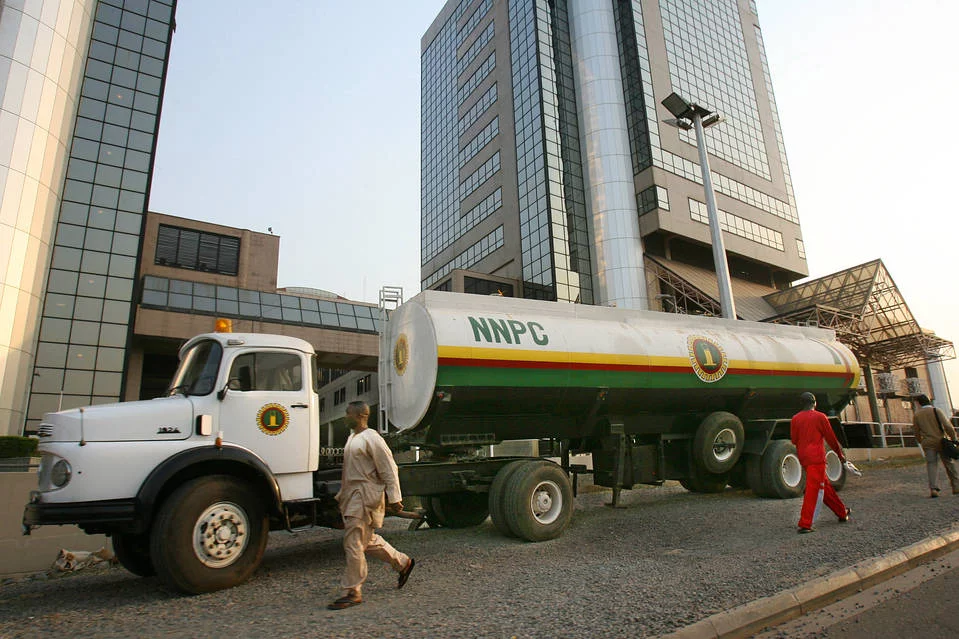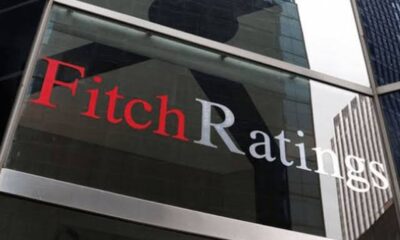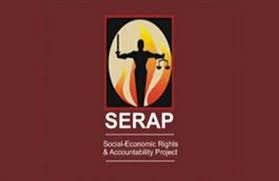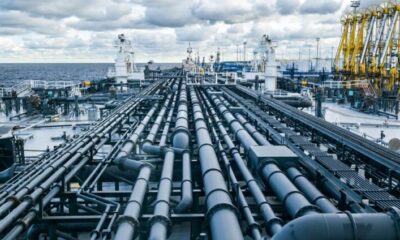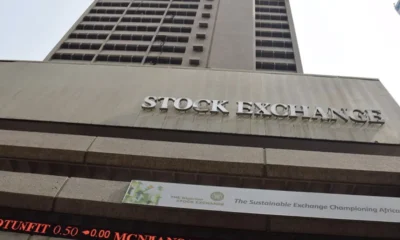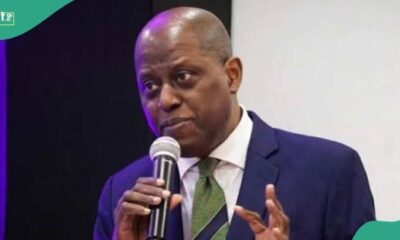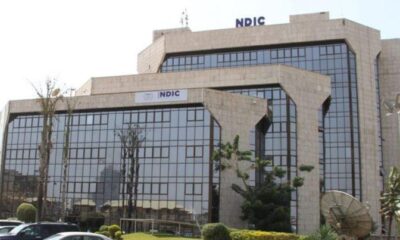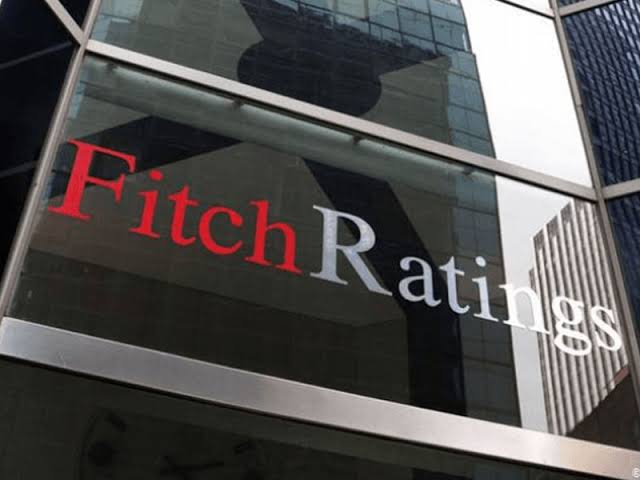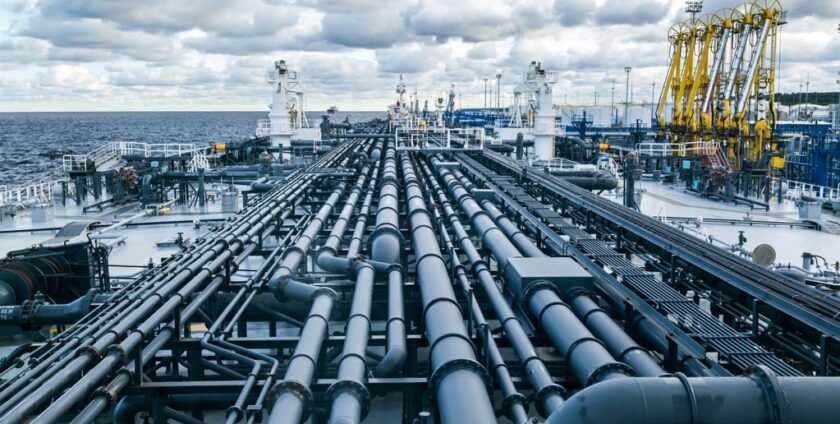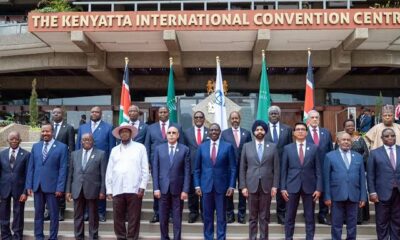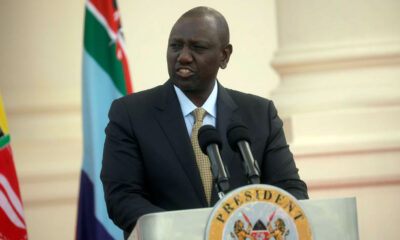Nigerian state oil firm, the Nigerian National Petroleum Company Limited (NNPCL) has claimed that it would have gone bankrupt in June this year if President Bola Tinubu had not halted subsidy on Premium Motor Spirit, popularly called petrol, in May.
President Tinubu had, during his inauguration speech on May 29, infamously declared “subsidy is gone” to usher in a regime that caused over 300% hike in the price of petrol, and a knock-on effect on the cost of living.
NNPCL also announced that Nigeria would become a net exporter of refined petroleum products by next year, going by efforts to revamp its refineries.
Shortly before the subsidy removal was announced in the same May, Nigeria launched the 650,000 BPD integrated private refinery, which, according to Godwin Emefiele, the governor of the central bank at the time, is anticipated to produce 12,000 megawatts of electricity, over 135,000 permanent jobs, and help the nation save $25 billion and $30 billion in foreign currency annually. However. the expectations have yet to materialise because the refinery owned by Africa’s richest man, Aliko Dangote, is yet to commence operations.
The Nigerian government also denied that it had reintroduced subsidy on petrol following reports by sections of the media last week. The rebuttal comes amid the closure of many filling stations nationwide due to various challenges in the downstream oil sector.
Following a meeting with the President at the Aso Rock villa, Mele Kyari, the Group Chief Executive Officer of NNPCL, informed State House Correspondents that the petrol subsidy had not been reinstated.
“No subsidy whatsoever. We are recovering our full cost from the products that we import. We sell to the market, and we understand why the marketers are unable to import. We hope that they do it very quickly and these are some of the interventions the government is doing. There is no subsidy,” he stated.
Kyari’s claim was made just 48 hours after the Nigerian Petroleum and Natural Gas Senior Staff Association announced the reinstatement of fuel subsidy.
One significant expense that influences the cost of the finished products is the requirement to export petroleum products for refining. Concerns about whether the pump price could remain the same have been raised by major oil marketers after the Naira declined against the dollar on the black market to between N950 and N1,000.

